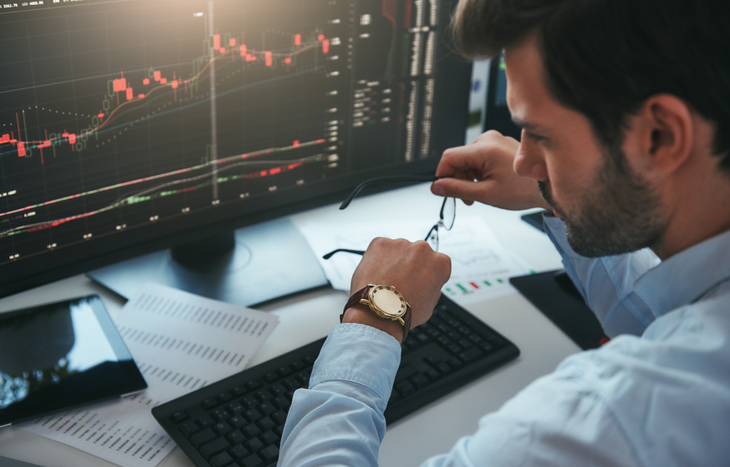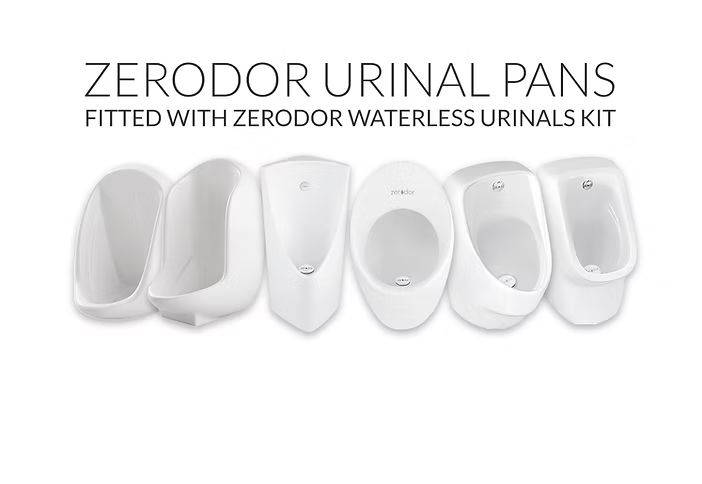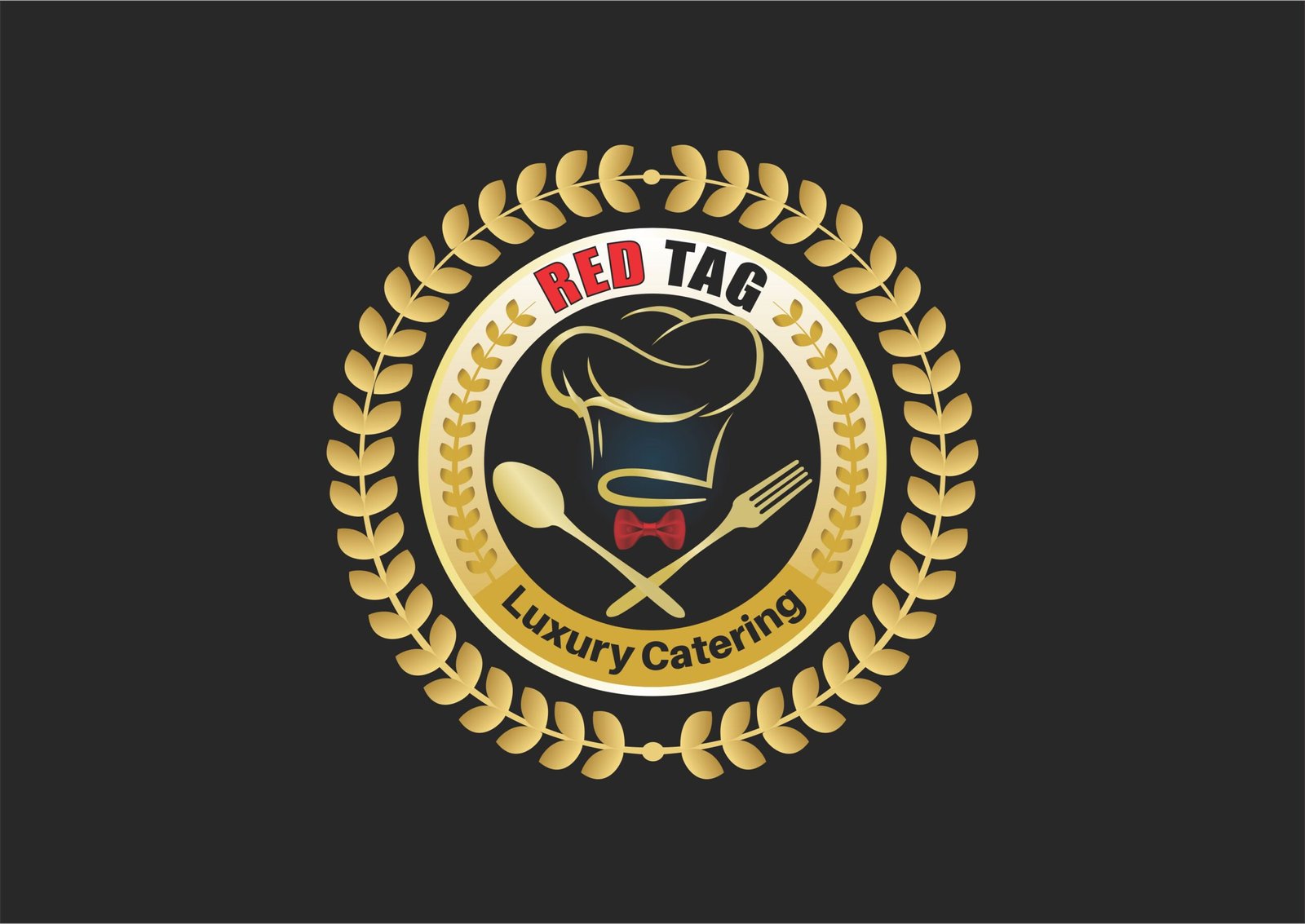What are the best forex commodities to trade? If so, then you’re in the right place. Trading forex commodities provides an excellent way for savvy investors and traders to participate in global markets without having too much start-up capital. From gold and silver coins to oil and gas contracts, there are numerous currencies and resources that can be traded in traditional exchanges like stocks or futures and online trading platforms.
In this article, we’ll take an in-depth look at some of the best and most lucrative forex commodities on the market today, including how to evaluate each one. Read on for some helpful tips on getting started by exploring these lucrative options.
What are commodities, and why trade them
Commodities are natural resources or raw materials that are generally used in the production of goods and services. As diverse investments, commodities offer traders a range of possibilities to diversify their portfolios. While investing in commodities can be risky, there is also the potential for high returns if trading is approached with caution and strategy.
Commodity prices often rise as demand increases and resources become scarce, so gaining exposure to commodities offers investors the chance to capitalise on price movements. For example, oil and natural gas contain hydrocarbons – a finite resource – meaning their prices are more volatile than those of other investments such as stocks and bonds; savvy investors may be able to take advantage of this unpredictability by actively trading in the right commodities market at the right time.
Additionally, commodity pricing can offer insight into mass economic trends, like inflation or food costs, which could help inform one’s future investment decisions.
The benefits of trading forex commodities
The forex market offers many advantages to those who wish to trade commodities. One of the main benefits of forex trading is its 24-hour availability, meaning that traders can access the markets at any point during the day or night. It provides an excellent opportunity for those wishing to take advantage of price fluctuations in a specific currency pair before regular trading hours open.
Another benefit of forex trading is that it’s highly liquid, meaning there’s always someone willing to buy and sell a particular currency pair. It allows participants to enter and exit positions as needed, making it easy to manage risk levels and capitalise on short-term trends. It also means you can avoid being tied up in long-term investments or wait for a broker to buy and sell the assets you’re trading.
Finally, it’s important to note that forex is a global market, providing access to currency pairs from around the world; this gives traders unprecedented diversification opportunities.
The top three forex commodities to trade
The first option is gold. Gold is one of the oldest forms of currency and still holds tremendous value in today’s markets; as such, it makes for an attractive investment option due to its ability to hedge against inflation or other economic shocks. Additionally, gold has been known to outperform many other assets over long-term periods, meaning you could see significant returns if you play your cards right.
The second option is crude oil. Oil prices have been exceptionally volatile recently, making their movements easier to predict than other commodities. Oil is also an excellent option for those looking to trade CFDs (Contracts for Difference). This type of trading lets investors speculate on oil price movements without owning the oil itself; this can be useful if you want to reduce risk levels and make quick trades.
Finally, currency pairs are an obvious choice for forex traders. Currency pairs typically involve major global currencies such as the US dollar or Euro, making them easier to track than other commodities. Trading currency pairs also gives traders access to high liquidity and low transaction fees, making them favourable investment options.
How to trade forex commodities
Now that we know the best forex commodities to trade let’s look at some of the critical strategies for trading them.
The first step is to identify a suitable broker who can provide access to the markets you wish to trade in. Consider factors like spreads offered, fees charged and whether they offer any educational resources or training tools; these could be beneficial as you start your journey into commodity trading.
Once you’ve selected your chosen broker, it’s time to research which markets are likely to be lucrative at any given moment. Many investors use economic data points such as inflation rates or GDP growth figures as indicators of potential price movements; if one currency pair appears more promising than another, this could be an excellent time to open a trade. Additionally, technical analysis and charting tools can help you identify patterns in past price movements and predict future performance.
Finally, risk management is an essential part of trading any asset class, which also applies to forex commodities. Always consider the potential risks of any given investment before you make it and set appropriate stop-loss levels to protect your capital.







